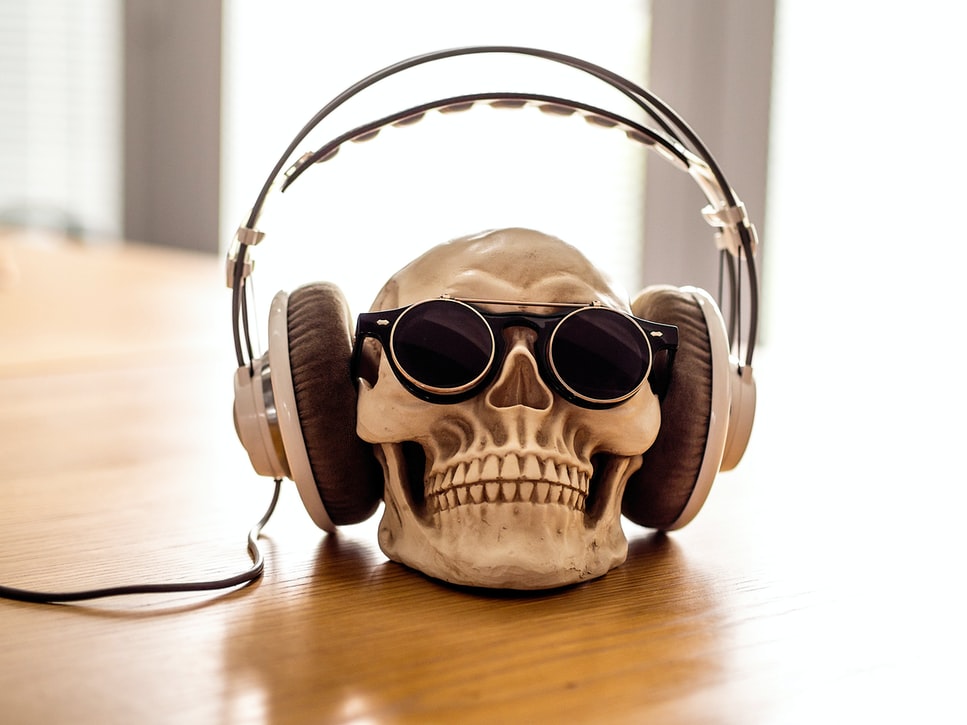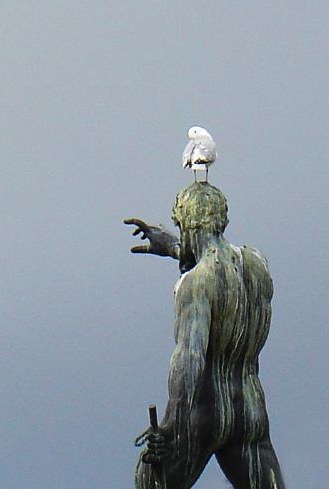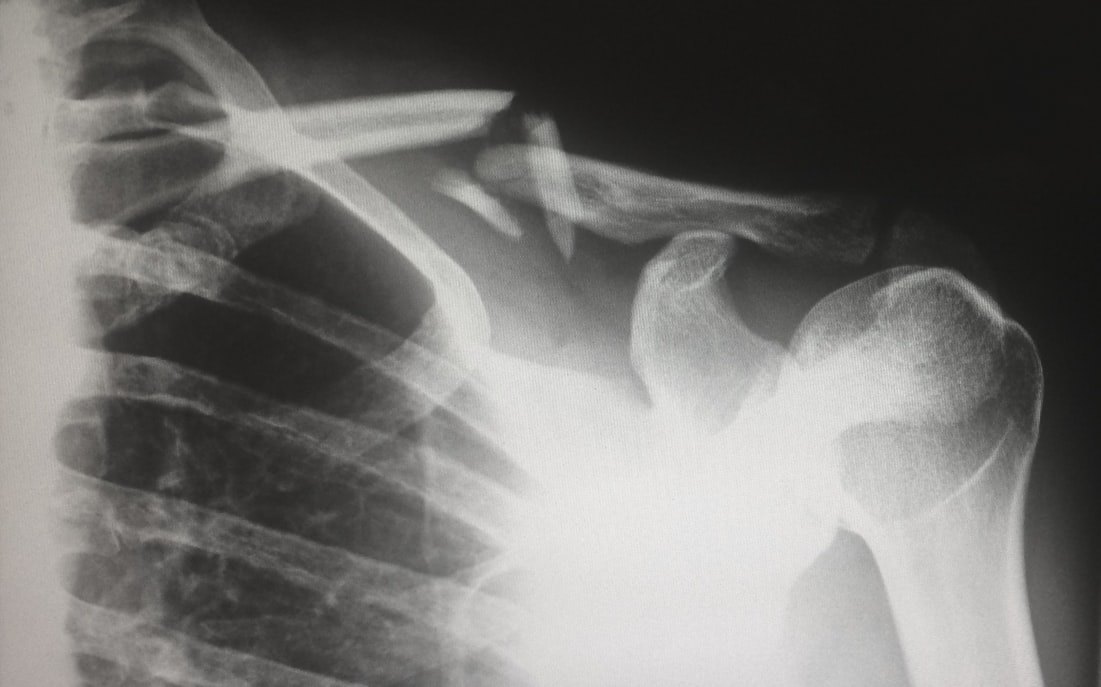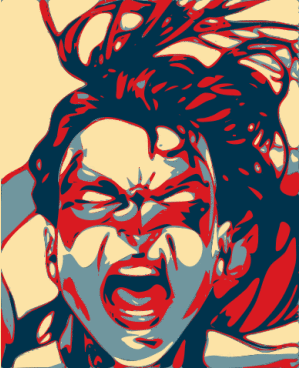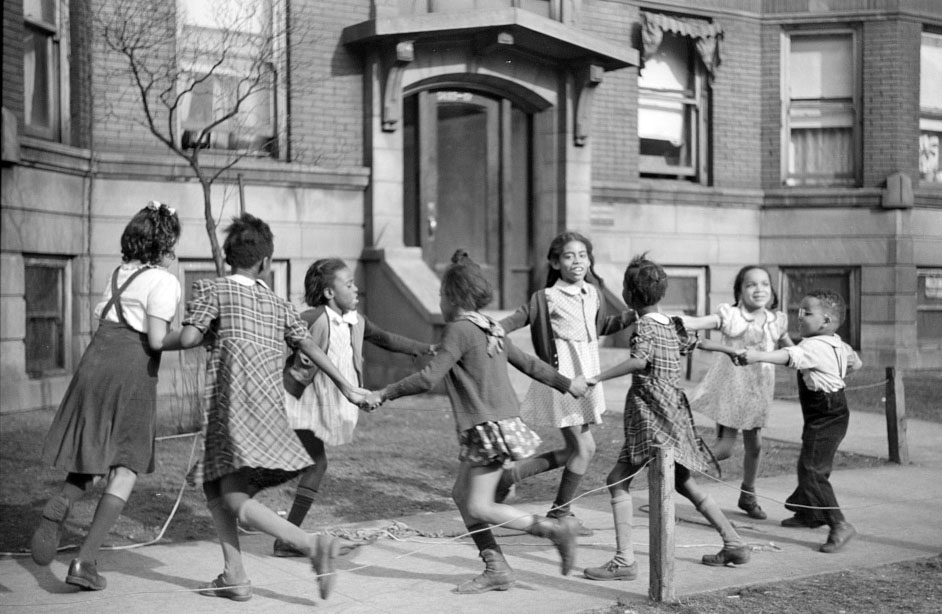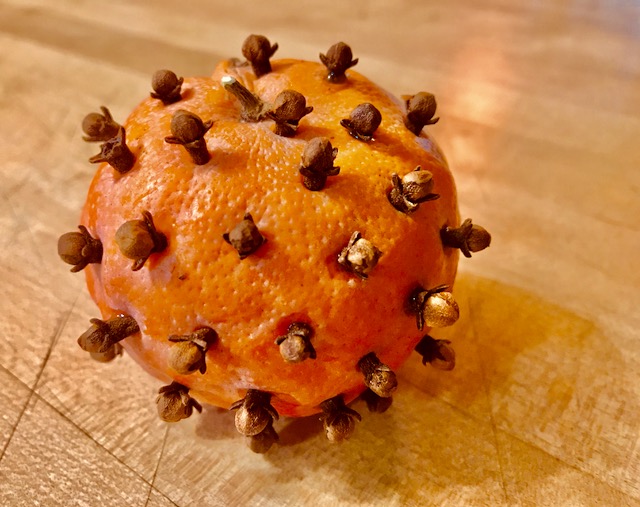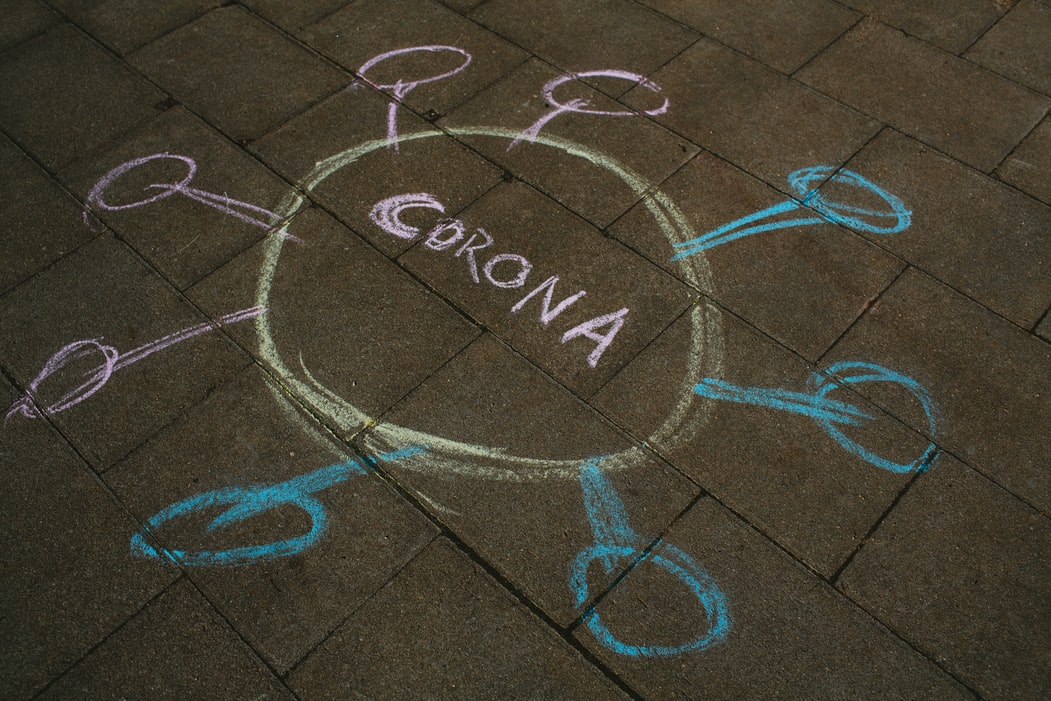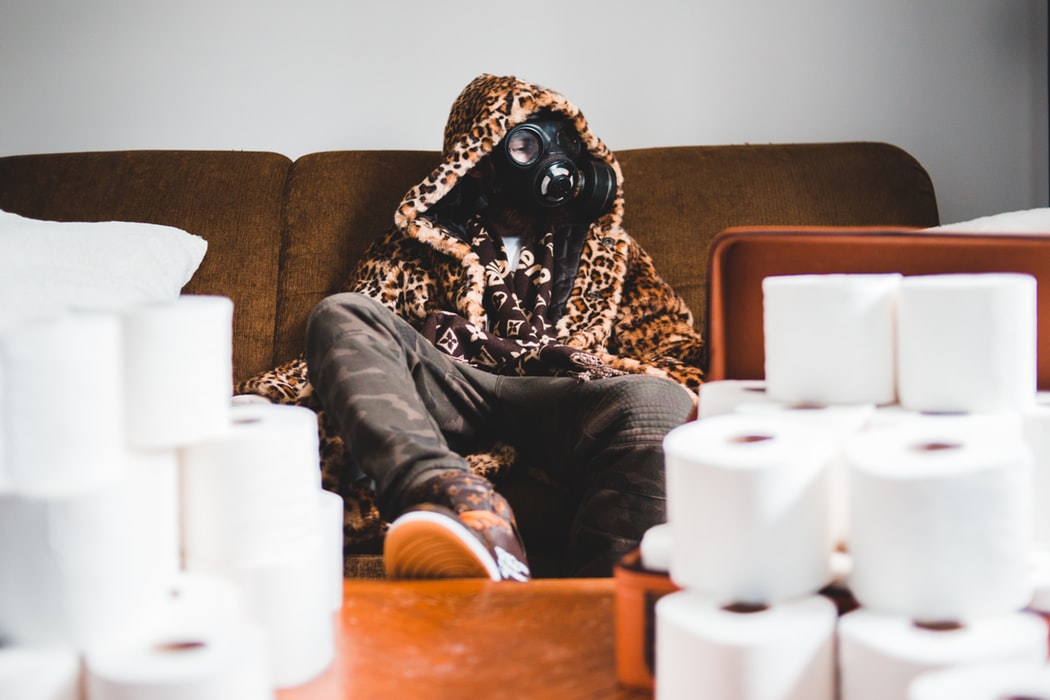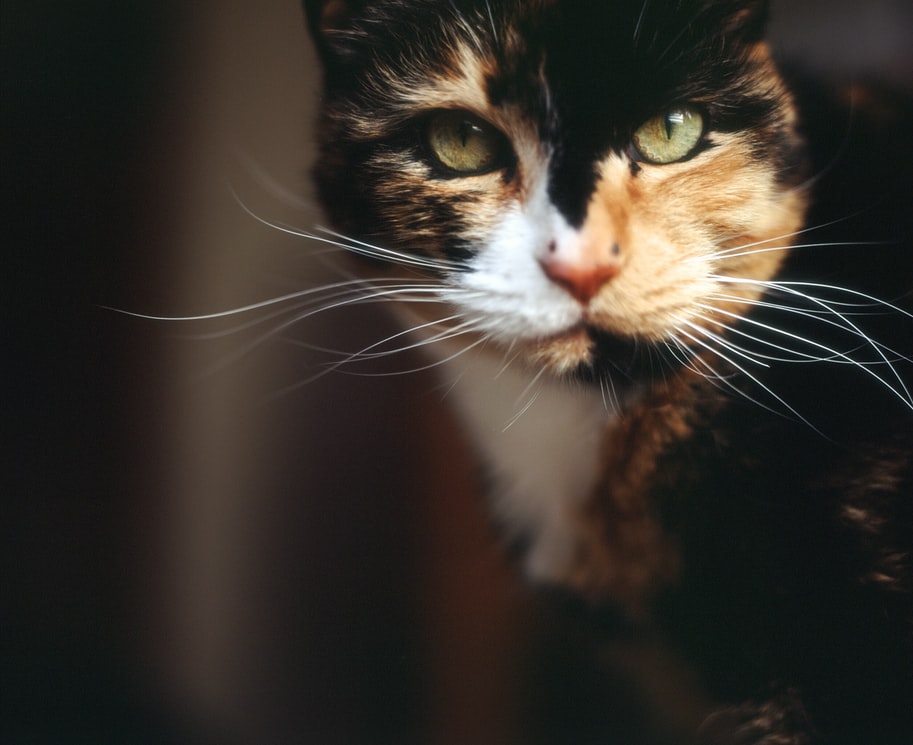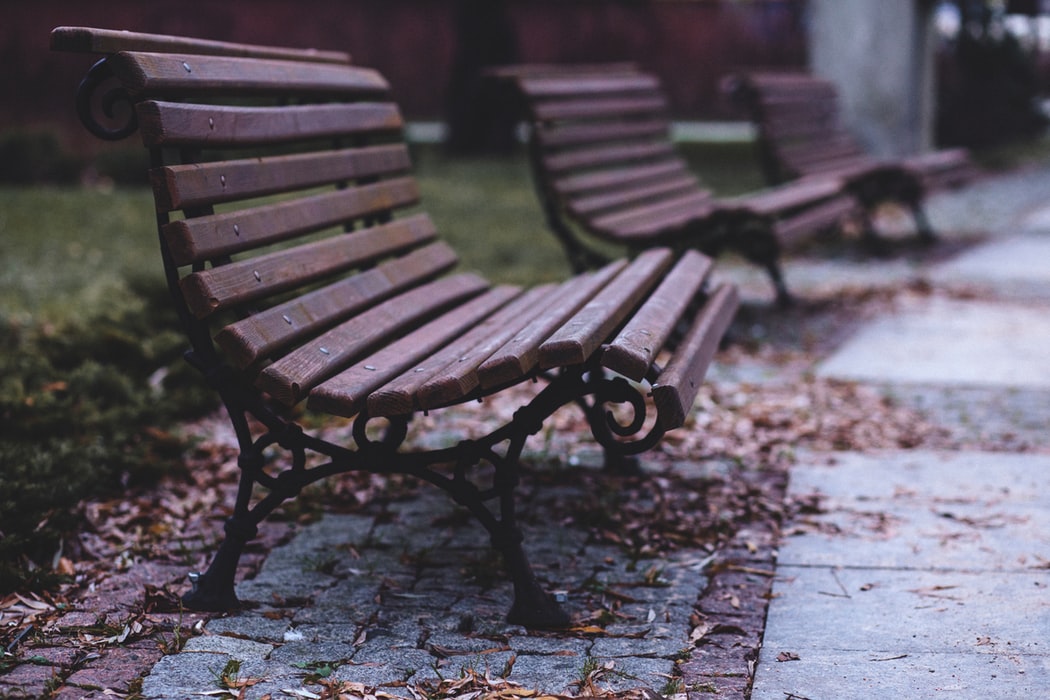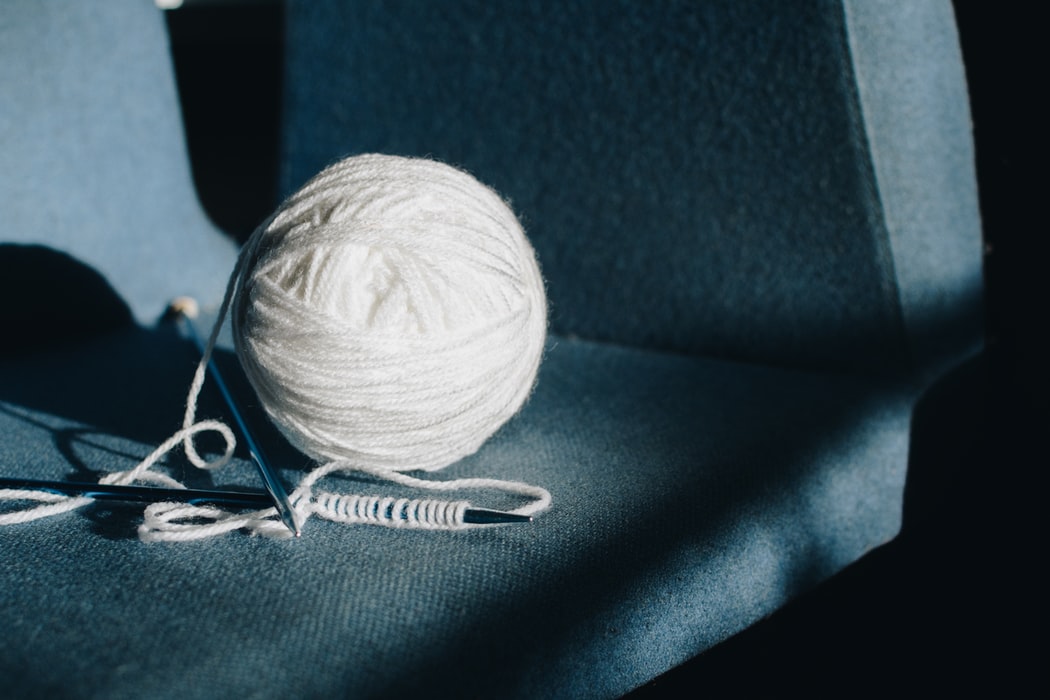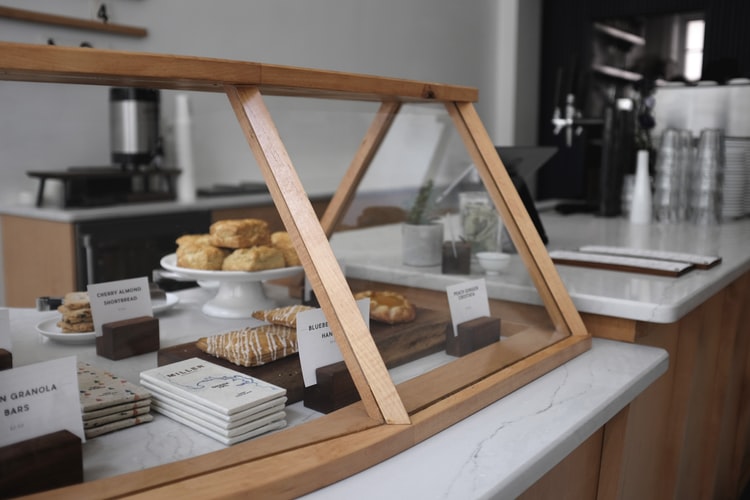Long Time Listener
By H. A. Eugene
Greetings HTW gang!
First off I want to say thanks to Gabe, Mack, and your producer, the lovely Vicky! I am a fan of the podcast and have been a member of the How’s That Work? gang for almost longer than I can remember! As proof, I submit to you this photo—yes, that’s me in a HTW t-shirt, standing between the inimitable Gabe Gibbons and the illustrious Michael “Mack” McCready, after a live recording at the Bell House in Brooklyn! It’s been years so you probably don’t remember, but my stepdad Kevin took me (he also took the picture). I think I was fifteen. Fact is, I started listening to your podcast when I was just a freshman in high school, and I’m sorry if this makes you feel old! Please consider it a compliment. (Happy-face!)
Anyway, I’m writing today to serve you what I’m going to call a long time listener compliment sandwich: a few tiny corrections, sandwiched between a whole lot of tasty gratitude!
First, the tasty stuff: The podcast How’s That Work? has taught me so much! You guys do such an outstanding job explaining complicated things in simple terms. Maybe it’s your down to earth personalities, I don’t know. But your on-air banter makes you guys seem like friends in real life, and in a lot of ways, it makes me feel like you are both my friends, as well. (Smiley-face!)
If I were to choose a favorite HTW episode, it would be the one where you explain how lightbulbs work. You really brought the story of this humble, first-of-its-kind electric appliance to life in a lively, illuminating way! (Sorry, I couldn’t resist!)
My second favorite episode has to be the saxophone. Where it came from, how it’s viewed in popular music—oh, and I loved your list of most famous saxophone solos. I looked them up and they were oh, so tacky and oh, so terrible!
And if those are my first and second, then my third favorite HTW episode of all time has to be doughnuts. And this is where I must point out my correction. (Gasp!)
In this episode, you mention that the doughnut was invented by Dutch immigrants, with Russian, as well as French influences. This was followed by the statement “we are a nation of immigrants” and “diversity is what makes us great”—two dogmas, which—I hate to say, but absolutely must point out—haven’t been the case for a while, and as such, should not be broadcast as if they were. It’s a fact that aside from a few outliers, the vast majority of the USA’s greatness comes from native-born Americans of European descent; more specifically, native-born Americans of European descent who extoll the Western traditions this country was founded on, and that to this day, are a major part of our American Brand in the World. (Moreover, it bears stating that, when it comes to doughnuts, those largely antebellum foreign influences were assimilated very quickly into our lexicon, and therefore, became American in nature.)
To be perfectly clear, I am well aware that everybody old enough to recall a time before the internet can also recall having been raised with cheesy cliches like these. So I understand why this might seem correct, so don’t feel bad! It was an honest mistake. After all, this is how facts change over time, right? I think it was Gabe who explained, in the saxophone episode, how the instrument started out as a hokey novelty, and how its role in blues, jazz, and rock music eventually brought it the recognition it deserved. Like I said: how facts change.
That said, here are a few other corrections. In your recent episode on the origins of our glorious border wall, the legal framework for fast-track mass deportations actually came about way back in the second Trump term, not the third. Sweeping reforms like these would have been impossible without the cooperation of Congress, which had been all but assured by Justice Ellis, whose interpretation of the first amendment allowed for the type of large-scale fundraising required to defeat our enemies at the ballot box. Then there’s Justice Damiano’s traditionalist views on race, which played a major role in arguing for the repeal of the Voting Rights Act, and its replacement by the much stricter Voter Identification Act. All of this led us down the bumpy road to abolition of the antiquated concept of term limits. (And if you think about it, none of this positive change would have been possible without the faithful support of patriotic media networks that resisted the pressure to give in to liberal fact checking, but I guess that’s another episode, right?)
That said, despite your obvious biases, your border wall episode also helped me to better understand the incorrect liberal reading of our then-current immigration crisis, which falsely claimed that immigration drivers were spurious concepts like “climate change” and “economic destabilization,” as opposed to simpler, more truthful motives, like enrichment on the part of greedy non-Westerners. (And yes, I am aware of the accusations of heavy-handed wielding of the law on the part of certain agencies, incorrectly administered blood tests, unlawful deporting of distant relations, and even cases of basic mistaken identity. But really, without real evidence, stories like these are just a bunch of fake news, am I right?)
In any case, I really can’t thank you guys enough for what you do. Your podcast literally explains the world, and I think for children especially, this is priceless. And for adults? Well, it’s just nice to hear a familiar voice explain complicated things in a simple way.
As for me, I’m sure you’ve figured out I’m no longer a kid! Though, as a private contractor in a counter terror task force, I do work with kids. My team’s focus is Central and South American immigration vectors, and my job is to learn all I can about the problem of ethnic minority dissident groups. I interview the young children we get in the camps, and as you probably guessed I can’t say a whole lot about that! (Eyebrow-raised, intrigue-face!) But all told, we are very proud of our work, and I speak for my whole team when I say, like you, we definitely take learning very seriously!
Your podcast taught me that the world is a wonderful place, full of things to learn and do. It also taught me learning can be fun. Though, if I’m being completely honest, sometimes, the things I learn and do make me sad. Oh well. I suppose it’s like my stepdad Kevin says, the weak need the strong to show them how to walk the straight and narrow, which is his way of telling me I should always be proud of what I do, and never be ashamed. After all, it’s not my fault people get themselves deported any more than it’s a policeman’s fault that people still—even now, with curfews, media blackouts, and extrajudicial paramilitary SWAT teams—break the law. (Sad/puzzled face!)
This was all my way of saying you and your podcast helped make me who I am today. And so thank you for that!
(CYA alert! I really don’t think anything I wrote here is problematic, but feel free to take stuff out as necessary if you want to read it on an upcoming episode. Also, if you have any questions, just reply to this message, and I’ll pass it along to my superiors.)
Anyway, thanks for everything!
Sincerely,
A long time listener and lifetime fan
A. Eugene writes weird stories about food and death and pretty music about homicide and fascism. He currently resides in beautiful Brooklyn, New York, where he is a staff member of the Bushwick Writer’s Group. Find him at www.haeugene.tv and on Twitter @haeugene.
Photo by Brett Jordan on Unsplash.

